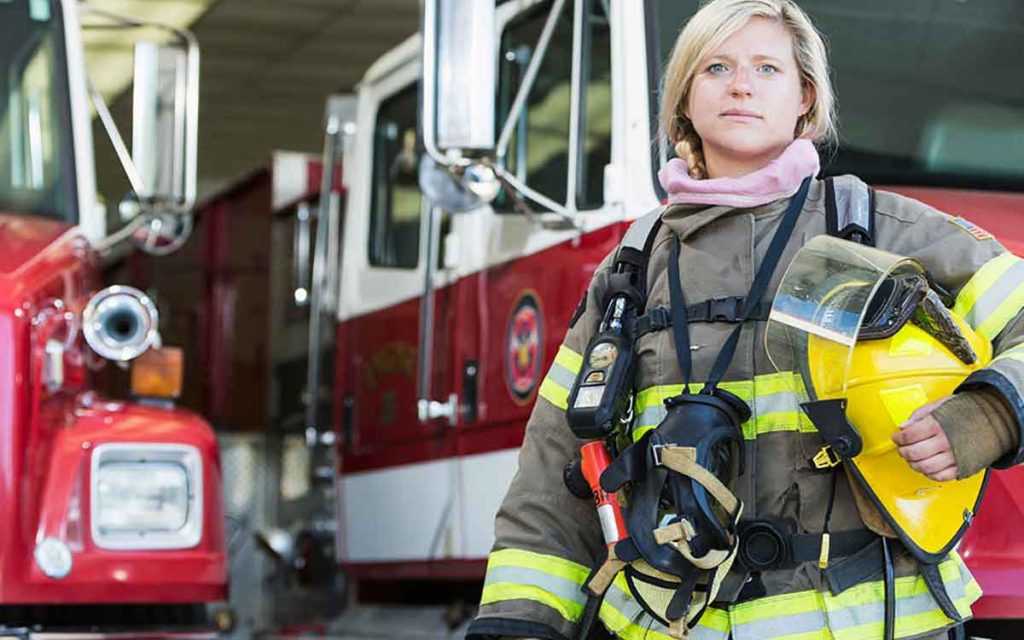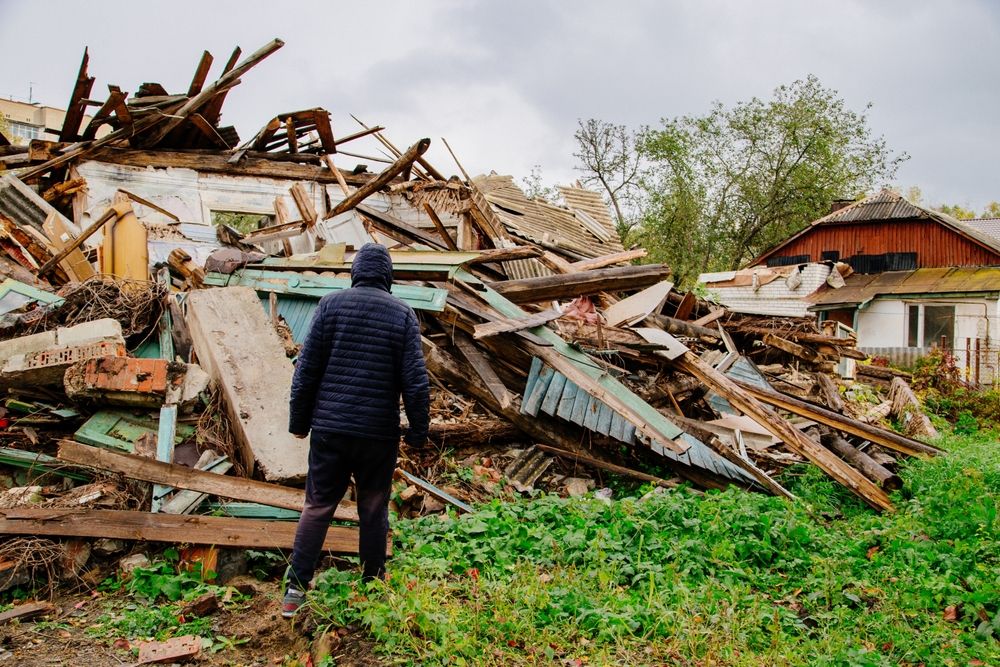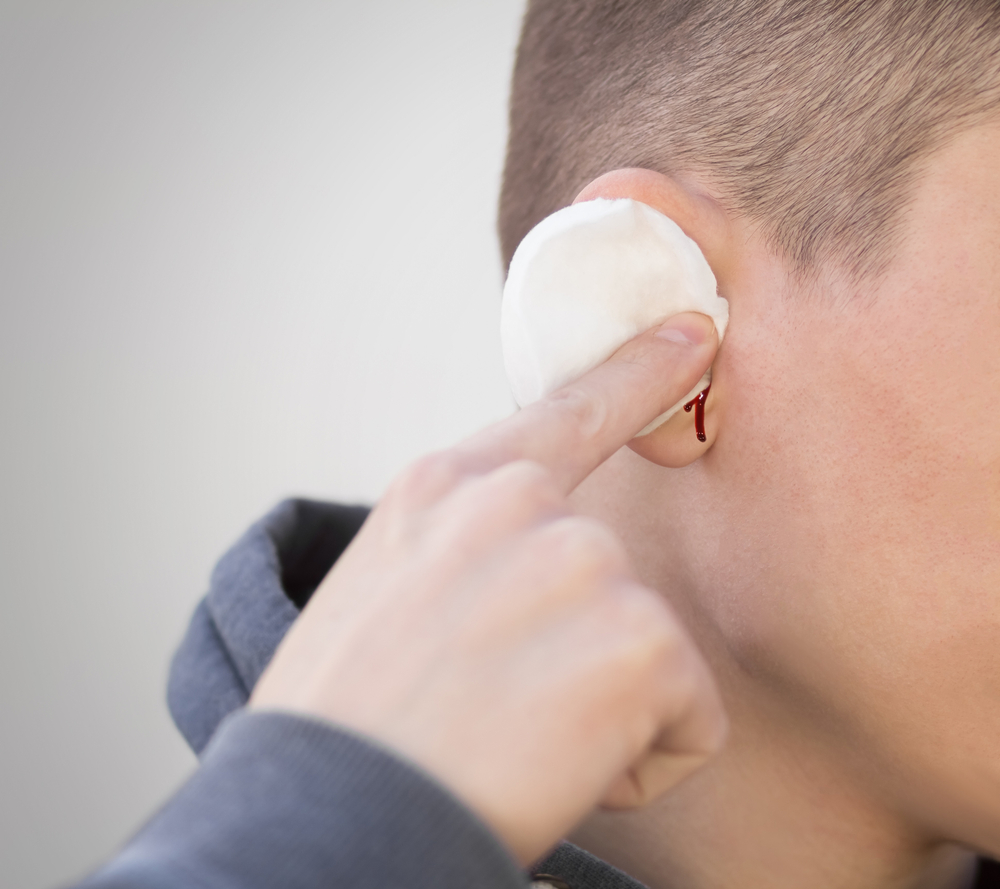You love being a first responder. Nothing is going to change your mind about risking life and limb every day to help your community. You love the camaraderie and making a real difference in people’s lives. But one of the more common costs of being a first responder isn’t losing life or limb.
It’s hearing loss. In some cases, you have an almost 100% chance of developing it.
You can think of all kinds of ways you might be injured on the job — gunshot wound, severe burn or even death. Hearing loss probably isn’t one of them. But here’s why these hidden costs shouldn’t be ignored.
1. More Trouble Doing the Job You Love
An Epic Hearing survey found that:
- 67% of law enforcement surveyed regularly had to ask people to repeat themselves
- 61% said they regularly pretend to hear what someone said, later finding out that’s not what the person said.
- 61% said they often misunderstand when someone gives them instructions
- 66% were concerned about the consequences if their employer finds out they have hearing loss
In an industry where milliseconds matter, this is disheartening to hear.
Whether you’re a firefighter, EMT, rescue worker, bomb squad, hostage negotiations, police officer or other first-responder, you’re exposed to some of the most extreme work environments. The effects of constant stress, drastic temperature shifts, toxic smoke, loud noise and other factors increase your risk substantially.
For example, career firefighters have a 40% chance of having noticeable hearing loss. For most of them, it’s severe by retirement. If you’re in law enforcement, your risk is doubled that of a firefighter, at 80%. Being a first responder until you choose to retire requires taking steps to protect your hearing on the job. But before we get into that, let’s look at 4 more hidden costs.
2. Increased Accident Risk
As a first responder, mistakes can do serious harm. People’s lives are in your hands. That makes this stat alarming.
Depending on your level of hearing loss, you’re 60-90% more likely to make mistakes that lead you or someone else to get hurt.
That’s a sobering statistic.
3. Developing a Disability
As hearing loss progresses, many first responders become fully disabled. They find themselves not only not able to work as a first responder, it becomes more difficult to hold down any kind of job.
If you love to put in a good day’s work and make a living, keeping your hearing is important. A Starkey study found that people with profound untreated hearing loss make, on average, $12 thousand less per year.
4. Tense Home Life
Job-induced hearing loss seeps into the home life. Misunderstandings and arguments often become more frequent. Hearing loss has been proven to affect personal relationships, which adds an extra layer of stress to a first-responder’s life.
5. Mental Health & Cognitive Challenges
Untreated hearing loss has been linked to increased risk of:
- Depression & social isolation
- Cognitive decline
- Memory loss & dementia
It takes a toll on body and mind. As people struggle to hear they become inclined to give up the people and things they love, opting to spend more time alone. This first leads to depression in most cases. Then as the brain lacks regular stimulation, cognitive decline sets in.
Fortunately, you have options.
Tips for First Responders
- Be aware of your increased risk.
- Learn about other risk factors like stress, smoking and some medications to avoid a double whammy. You’ll find our blog (Helpingmehear.com) a great resource in this regard.
- Get your hearing tested every year. Less than 20% of those surveyed had their hearing tested within the past 2 years.
- Take precautions when you can safely do so, such as wearing earplugs.
- Get a sound meter of your smartphone. Find out how loud sirens and other work hazards are so you can determine whether (and when) you need ear protection
If you have noticeable hearing loss, wear your hearing aids proudly at work and home. They’re a badge of courage for doing a job many can’t or won’t do. They’ll help you do your job better and safely. They may even be the difference between stagnating professionally or getting that next promotion.
They’ll help you avoid some of the hidden costs of being a first responder.



